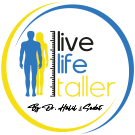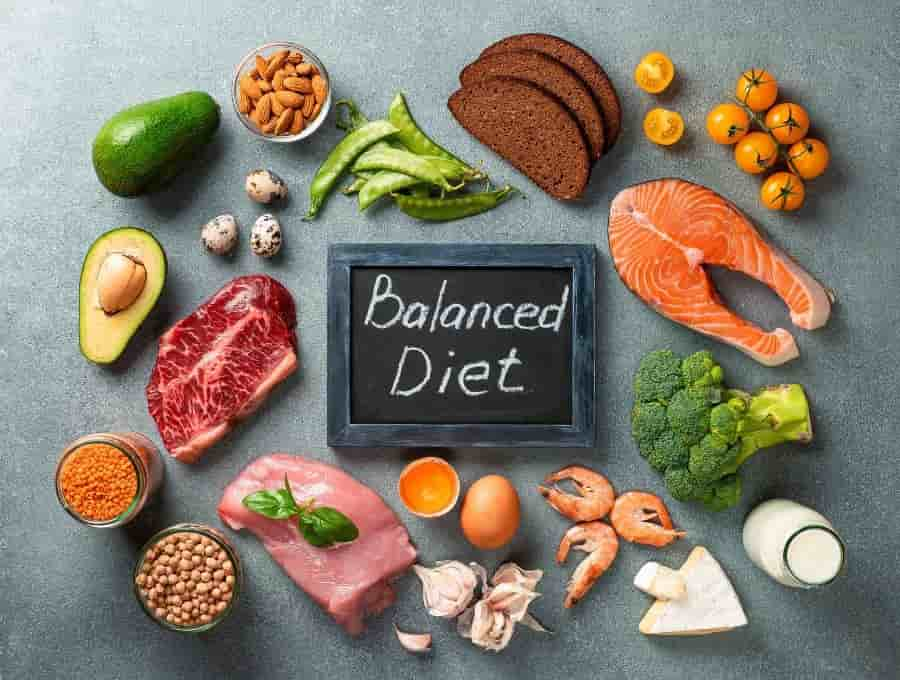Proper postoperative nutrition plays a crucial role in speeding up the recovery process and ensuring optimal bone growth after limb lengthening surgery. A well-balanced diet rich in essential nutrients not only aids in healing but also strengthens the newly forming bone tissue, making a comprehensive nutrition plan a key element of postoperative care. In this guide, we’ll explore the foods, vitamins, and minerals necessary to support bone growth and recovery during the treatment phase.
Table of Contents
ToggleWhat Foods Support Bone Growth During the Treatment Phase?
During the recovery period after limb lengthening surgery, it’s essential to consume foods that are high in nutrients that promote bone strength and regeneration. Protein-rich foods such as lean meats, fish, poultry, and eggs are essential for tissue repair and muscle recovery. Dairy products like milk, cheese, and yogurt provide vital calcium for bone health.
Additionally, leafy green vegetables such as spinach, kale, and broccoli are excellent sources of calcium and magnesium, which are crucial for bone formation. Nuts, seeds, and whole grains provide healthy fats and minerals that contribute to bone strength. Incorporating these foods into your diet will enhance the healing process and help with the limb lengthening surgery before and after stages.
Which Vitamins and Minerals Are Necessary to Maintain Bone Health?
To maintain and strengthen bones during the recovery phase, it’s important to focus on key vitamins and minerals. Vitamins D, K, and C, along with minerals such as calcium, magnesium, and phosphorus, play pivotal roles in bone health. Adequate intake of these nutrients ensures that bones heal properly after surgery.
- Vitamin D helps your body absorb calcium effectively.
- Vitamin K works alongside vitamin D to regulate bone mineralization.
- Vitamin C promotes collagen production, which is important for the bone matrix.
- Magnesium aids in calcium absorption and supports the structural development of bones.
These nutrients can be obtained from foods such as fatty fish, dairy, green leafy vegetables, nuts, seeds, and fortified cereals, making them a critical part of your postoperative nutritional care.
Which Supplements Should Be Used for Bone Growth?
In addition to a nutrient-rich diet, supplements can be a helpful addition to support bone growth during the recovery period. Common supplements recommended after limb lengthening surgery include:
- Calcium and Vitamin D supplements, which are critical for bone strength.
- Magnesium to aid calcium absorption.
- Collagen supplements, which help in maintaining the integrity of bone tissue.
- Multivitamins to ensure you’re getting a broad range of essential nutrients for overall health.
Before taking any supplements, it’s important to consult with your healthcare provider to determine what’s right for your individual needs during the pre and postoperative nutrition phases.
How Does Protein Intake Affect Bone Growth During the Treatment Phase?
Protein plays a crucial role in bone health, particularly in the healing and recovery process after surgery. After limb lengthening surgery, your body requires more protein to repair tissues and support bone regeneration. Protein also contributes to the production of collagen, a major component of the bone matrix.
Lean meats, fish, legumes, eggs, and plant-based protein sources such as tofu and quinoa should be staples in your postoperative nutrition plan. Ensuring adequate protein intake helps to prevent muscle loss, maintain bone density, and improve overall recovery, making it an essential part of your diet during the treatment phase.
How to Ensure Adequate Calcium and Vitamin D Intake During the Treatment Phase?
Ensuring sufficient calcium and vitamin D intake is vital for bone healing. Calcium is a key component of bone structure, while vitamin D enables your body to absorb calcium efficiently.
To meet your calcium needs, include dairy products like milk, cheese, and yogurt, as well as fortified plant-based alternatives such as almond or soy milk. Other sources of calcium include tofu, leafy greens, and fortified cereals. For vitamin D, fatty fish like salmon and mackerel, fortified dairy products, and egg yolks are excellent choices. Spending some time in sunlight can also help your body naturally produce vitamin D.
If dietary intake is insufficient, your healthcare provider may recommend calcium and vitamin D supplements as part of your postoperative care.
Why Are Calcium and Vitamin D Important for Bone Health?
Both calcium and vitamin D are essential for maintaining strong and healthy bones, especially during the recovery phase of limb lengthening surgery. Calcium forms the building blocks of bone, while vitamin D enhances calcium absorption in the intestines, ensuring that your body can effectively use it.
Without adequate calcium and vitamin D, bones can become weak, and the recovery process may be slower. This combination is particularly important in the pre and postoperative nutrition phases, as ensuring a steady supply of both nutrients helps maintain bone density and promotes faster healing.
In conclusion, a well-balanced diet rich in bone-supporting nutrients is crucial after limb lengthening surgery. Focusing on foods that promote bone growth, ensuring proper protein intake, and maintaining adequate levels of calcium and vitamin D are key strategies for speeding up recovery. Incorporating these nutritional elements into your daily routine will help ensure optimal results during the limb lengthening surgery before and after stages.


